
Jérémie: The City of Poets and Beaches
Jérémie, known as the 'City of Poets,' is located on the southwestern tip of Haiti. It is a hidden gem with a rich history and vibrant culture. The town is famous for its literary heritage, as it has been the birthplace of many renowned Haitian poets and writers. Walking through the streets, you will find colonial architecture that tells stories of the past, and local art that speaks to the creative spirit of its people. Nature lovers will be enchanted by Jérémie's stunning landscapes. The city is surrounded by lush green mountains and pristine beaches. Grand-Anse Beach is one of the most beautiful in the region, offering crystal-clear waters and a serene atmosphere. It’s an excellent spot for swimming, sunbathing, and enjoying the breathtaking sunsets. The local cuisine in Jérémie is a delightful experience for food enthusiasts. Traditional Haitian dishes like griot (fried pork), tassot (dried fried meat), and pikliz (spicy pickled vegetables) are must-tries. The local markets are vibrant with fresh produce and handmade crafts, offering visitors a true taste of Haitian life and culture.
Local tips in Jérémie
- Visit Grand-Anse Beach early in the morning to avoid crowds and enjoy the tranquility.
- Try to catch a local poetry reading or cultural event to experience Jérémie's rich literary heritage.
- Bring cash, as many local vendors and smaller establishments may not accept credit cards.
- Hire a local guide to explore the nearby mountains and hidden waterfalls safely.
- Learn a few basic Creole phrases; locals appreciate the effort and it can enhance your experience.
Jérémie: The City of Poets and Beaches
Jérémie, known as the 'City of Poets,' is located on the southwestern tip of Haiti. It is a hidden gem with a rich history and vibrant culture. The town is famous for its literary heritage, as it has been the birthplace of many renowned Haitian poets and writers. Walking through the streets, you will find colonial architecture that tells stories of the past, and local art that speaks to the creative spirit of its people. Nature lovers will be enchanted by Jérémie's stunning landscapes. The city is surrounded by lush green mountains and pristine beaches. Grand-Anse Beach is one of the most beautiful in the region, offering crystal-clear waters and a serene atmosphere. It’s an excellent spot for swimming, sunbathing, and enjoying the breathtaking sunsets. The local cuisine in Jérémie is a delightful experience for food enthusiasts. Traditional Haitian dishes like griot (fried pork), tassot (dried fried meat), and pikliz (spicy pickled vegetables) are must-tries. The local markets are vibrant with fresh produce and handmade crafts, offering visitors a true taste of Haitian life and culture.
When is the best time to go to Jérémie?
Iconic landmarks you can’t miss
Laferriere Citadel
Discover the grandeur and history of Laferriere Citadel, a UNESCO World Heritage site embodying Haiti's rich heritage and breathtaking vistas.

Sans Souci Palace
Explore the rich history and stunning architecture of Sans Souci Palace, a magnificent symbol of Haiti's cultural heritage and royal past.
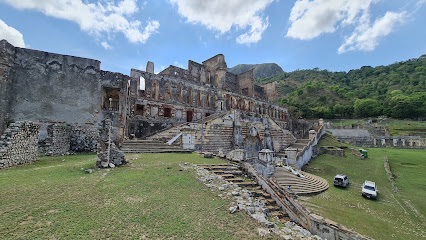
Heroes Monument of Vertières
Explore the Heroes Monument of Vertières in Cap-Haitien, a symbol of Haitian independence and resilience, surrounded by lush gardens and rich history.
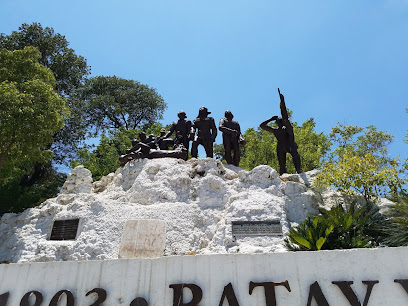
Fort Jacques et Fort Alexandre
Explore the historic Fort Jacques et Fort Alexandre in Haiti, where stunning views and rich military history come together in a breathtaking setting.
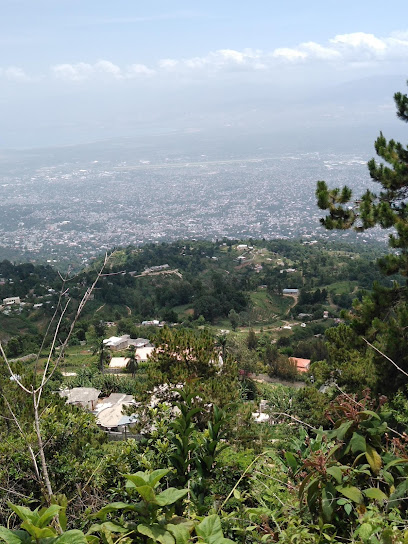
Saut-Mathurine
Discover the breathtaking beauty of Saut-Mathurine, Haiti's majestic waterfall, perfect for nature lovers and adventure seekers alike.
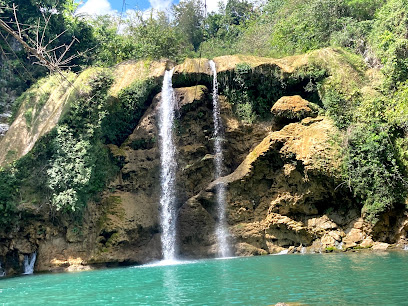
Cathedral of Saint Louis Roi of France
Discover the historical beauty of the Cathedral of Saint Louis Roi of France in Jérémie, a stunning Gothic masterpiece and a symbol of cultural heritage.
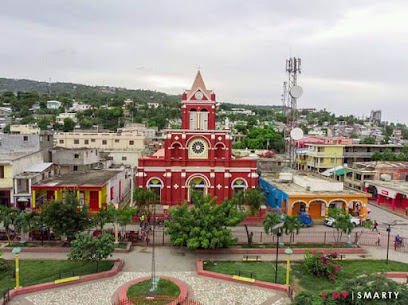
Place Charmant
Experience the charm of Haiti at Place Charmant, a serene hotel in Jérémie offering comfort, culture, and unforgettable hospitality.
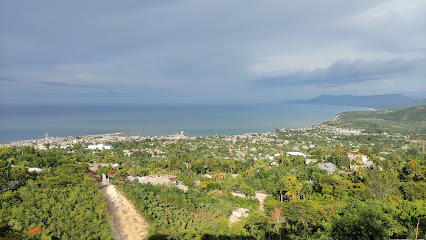
Cave Grotte Marie-Jeanne
Explore the stunning Grotte Marie-Jeanne in Port-a-Piment, Haiti, where nature's artistry meets captivating history in an unforgettable underground adventure.
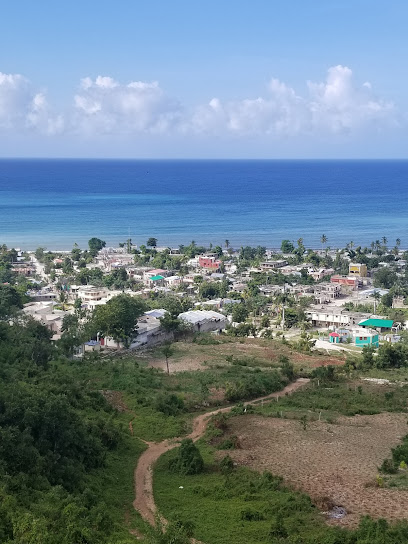
Fort Picolet
Discover the historic Fort Picolet, a captivating landmark in Cap-Haïtien offering stunning ocean views and a glimpse into Haiti's rich history.
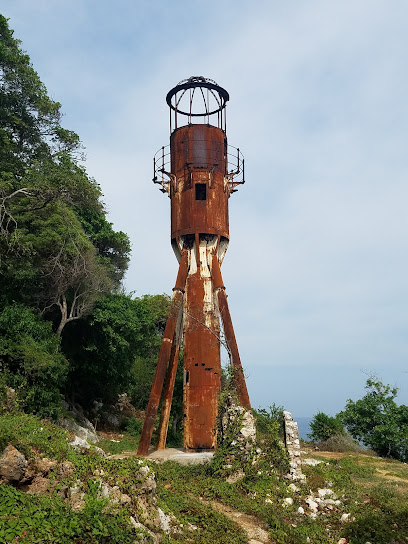
Découvrir la Grand’Anse
Discover the vibrant culture and breathtaking landscapes of Grand’Anse at the Découvrir la Grand’Anse tourist information center in Jérémie, Haiti.
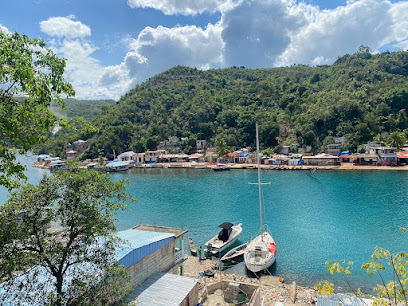
Bois Caiman
Explore Bois Caiman, a historic site in Haiti that played a crucial role in the fight for freedom during the Haitian Revolution.
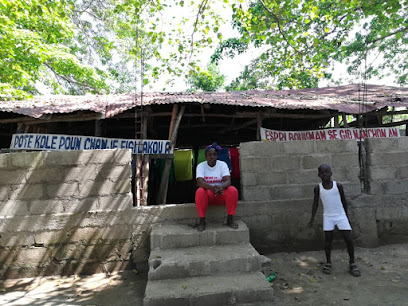
MAKAY GUEST HOUSE
Experience the essence of Haitian hospitality at Makay Guest House in beautiful Jérémie, offering cozy accommodations and local charm.
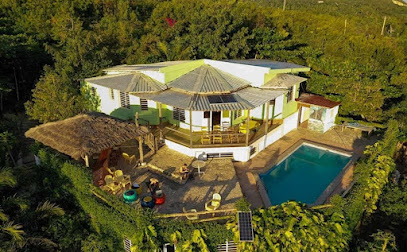
Jean-Jacques Dessalines Statue
Experience the historic Jean-Jacques Dessalines Statue in Cap-Haitien, a testament to Haitian independence and a symbol of national pride.
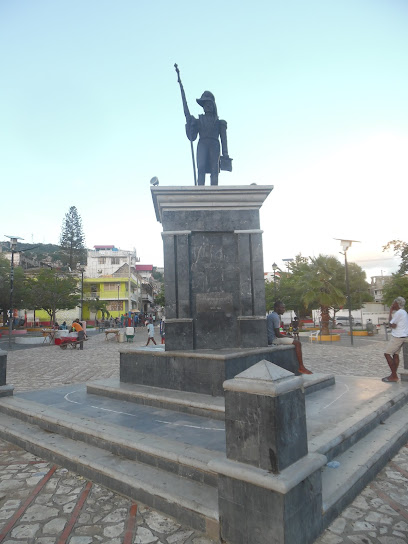
La pointe
Experience the breathtaking beauty and vibrant culture of La Pointe, a hidden gem in Jérémie, Haiti, perfect for all nature and culture enthusiasts.
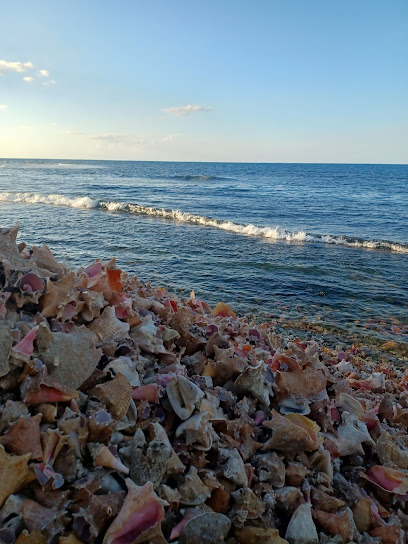
Gina & Nansky
Experience the heart of Jérémie at Gina & Nansky, a cozy coffee shop offering delicious brews and a taste of Haitian culture.

Unmissable attractions to see
The National Pantheon Museum
Discover the rich history and cultural heritage of Haiti at the National Pantheon Museum in Port-au-Prince, a must-visit for every traveler.
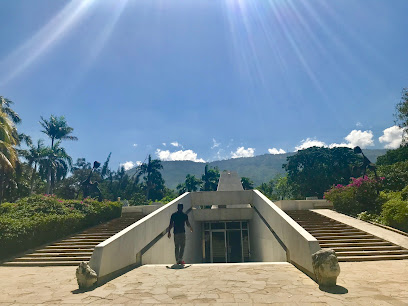
Saut-Mathurine
Experience the breathtaking beauty of Saut-Mathurine, Haiti's largest waterfall, nestled in the lush landscapes of Camp-Perrin.
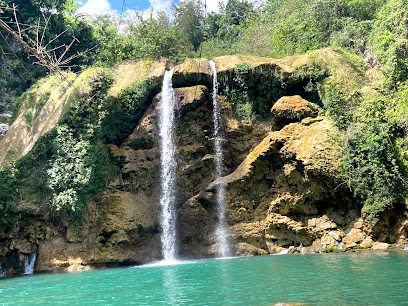
Cayes Botanical Garden
Explore the enchanting Cayes Botanical Garden, a serene escape filled with Haiti's diverse flora and breathtaking landscapes.

Cathedral of Saint Louis Roi of France
Explore the breathtaking architecture and cultural significance of the Cathedral of Saint Louis Roi of France in beautiful Jérémie, Haiti.
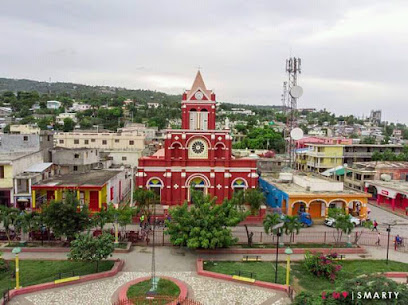
Cascade Touyac
Explore the enchanting Cascade Touyac in Port Salut, where nature's beauty and adventure await in a serene waterfall setting.
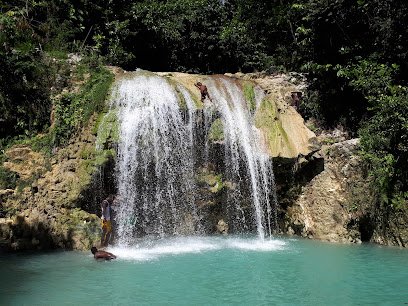
Kokoye Beach
Explore Kokoye Beach in Petit Goave, a hidden gem in Haiti with stunning sands, vibrant culture, and unforgettable experiences for every traveler.
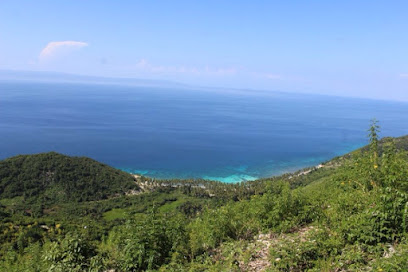
Pic Macaya National Park
Explore Pic Macaya National Park, a breathtaking national park in Haiti, showcasing stunning landscapes, rich biodiversity, and unique hiking adventures.
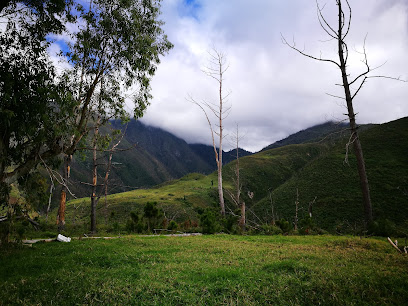
Jubilee Voodoo Monument
Explore the Jubilee Voodoo Monument in Anse a Foleur, a captivating insight into Haiti's rich Voodoo traditions and cultural heritage.
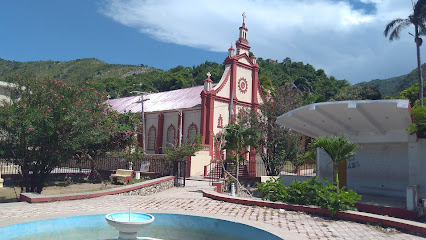
Essential places to dine
Lakay Bar Restaurant
Discover authentic Haitian cuisine at Lakay Bar Restaurant in Cap-Haitien – where every dish tells a story.
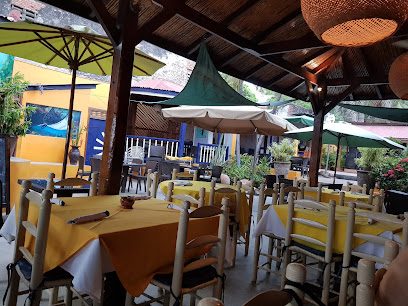
Portofino
Experience authentic Italian cuisine in the heart of Petion Ville at Portofino - where every meal is a celebration of flavor.
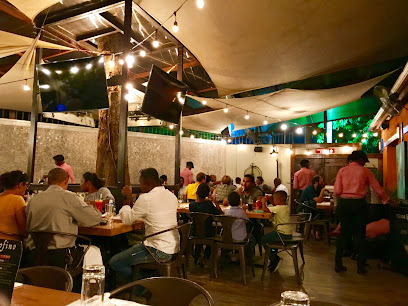
Boukanye
Experience authentic Haitian cuisine at Boukanye in Cap-Haitien - where every dish tells a story.
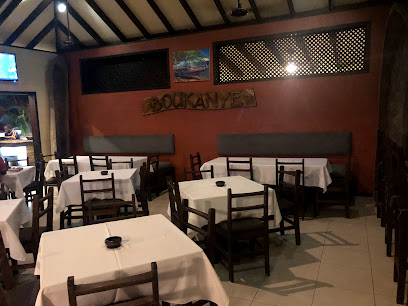
Jojo Restaurant
Experience authentic Haitian cuisine at Jojo Restaurant in Pétion-Ville - where every dish tells a story.
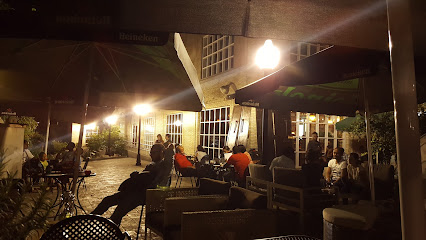
Magdoos Restaurant
Discover authentic Lebanese flavors at Magdoos Restaurant in Petion-Ville—where every meal is a celebration of Mediterranean cuisine.
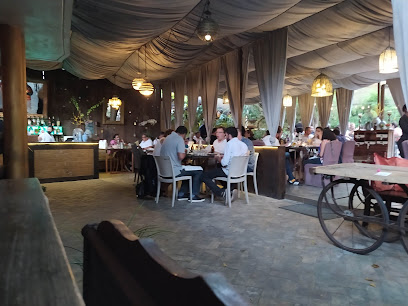
Asu Rooftop Lounge
Discover breathtaking views and exquisite cocktails at Asu Rooftop Lounge in Port-au-Prince - an unforgettable nightlife experience awaits.
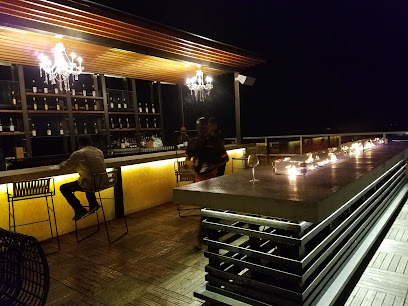
Papaye
Experience fine dining at Papaye in Petion-Ville, where authentic Haitian flavors meet elegance and sophistication.
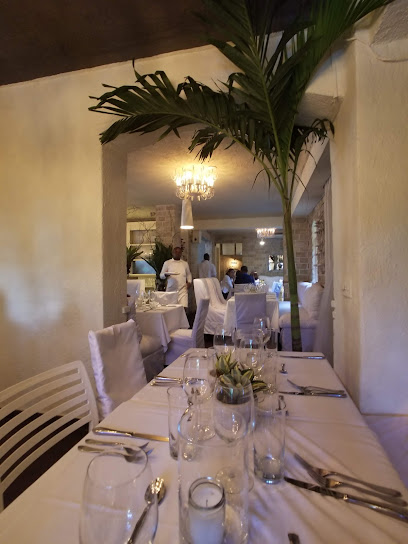
Le Vert D'or
Discover authentic Haitian flavors at Le Vert D'or in Port-au-Prince – where culinary traditions meet warm hospitality.
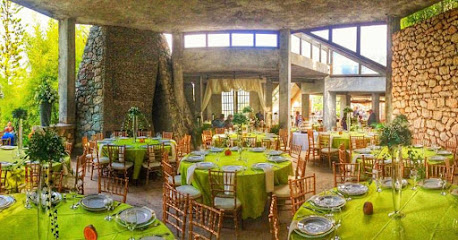
Michael's
Discover the unique blend of local and international cuisine at Michael's in Pétion-Ville - where every dish tells a story.
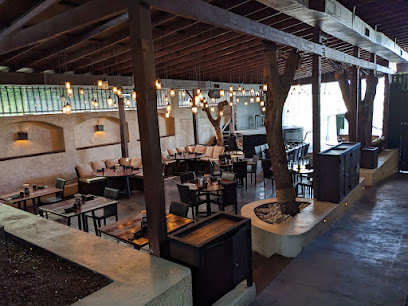
Over Here bar Restaurant and grill
Discover authentic Haitian flavors at Over Here Bar Restaurant and Grill in Les Cayes - where every meal tells a story.
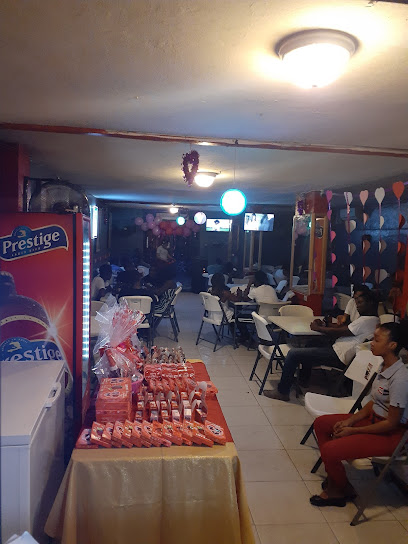
Ilan Ilan Restaurant
Experience authentic Haitian cuisine at Ilan Ilan Restaurant in Jérémie - where every meal tells a story.
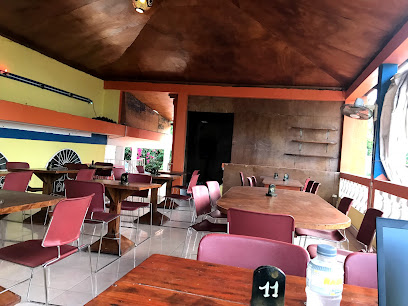
Pizza Garden
Discover authentic wood-fired pizzas at Pizza Garden in Port-au-Prince – where Italian flavors meet local charm.

Les Jardins du Mupanah
Experience authentic Haitian cuisine amidst lush gardens at Les Jardins du Mupanah, where culture meets culinary delight.
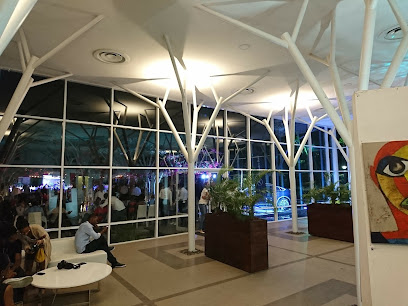
onde eu jantava
Experience authentic Haitian cuisine at Onde Eu Jantava in Jérémie - where every dish tells a story!
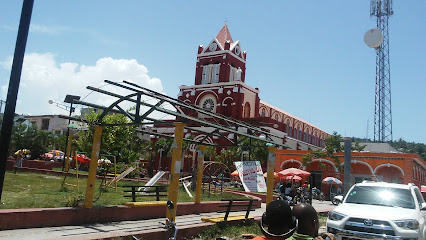
Eben-Ezer Bar Restaurant Rt No 3 RHODE
Experience authentic Haitian cuisine at Eben-Ezer Bar Restaurant in La Gardule - where flavor meets culture!
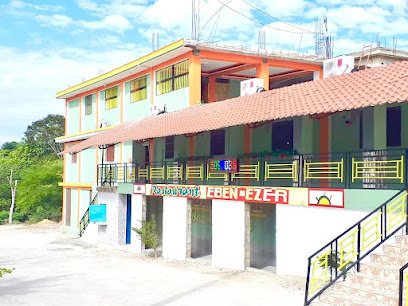
Markets, malls and hidden boutiques
Simone patisserie
Discover the sweet flavors of Jérémie at Simone Patisserie, where delightful pastries and warm ambiance await every visitor.
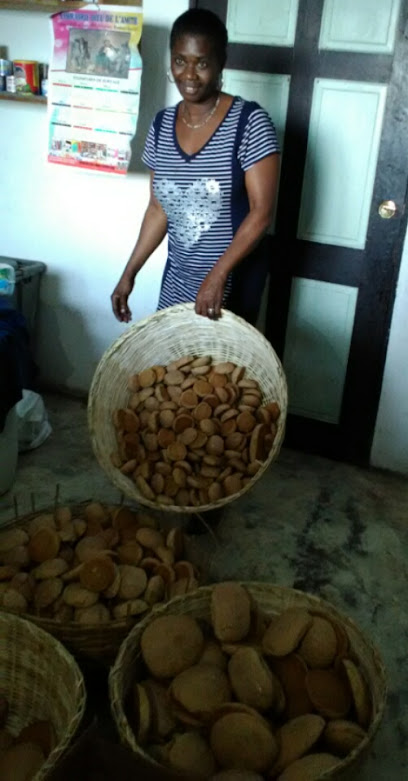
Madame Manes
Experience the delectable world of pastries at Madame Manes in Jérémie, where every bite is a taste of Haitian culinary artistry.
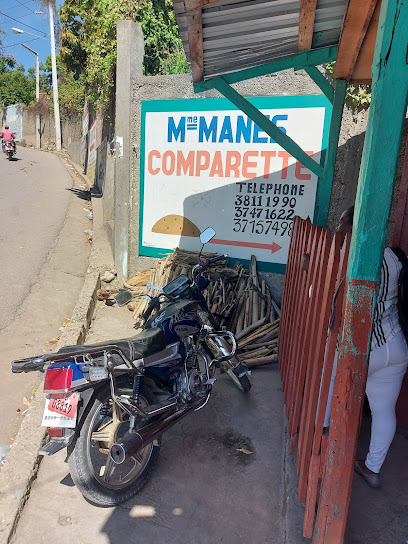
Le point D'or Boulangerie
Experience the best of Haitian patisserie at Le Point D'Or Boulangerie, where each bite is a celebration of local flavors and traditions.
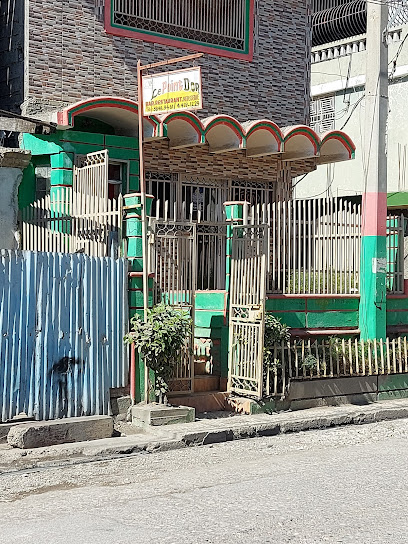
Michelet Laguerre comparettes Jérémie
Explore the vibrant culinary scene of Jérémie at Michelet Laguerre comparettes, where local flavors and fresh ingredients await your discovery.
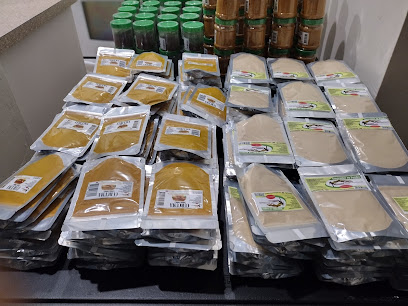
Florise Mini Market
Explore Florise Mini Market in Jérémie for a unique shopping experience filled with local flavors, fresh produce, and authentic Haitian culture.
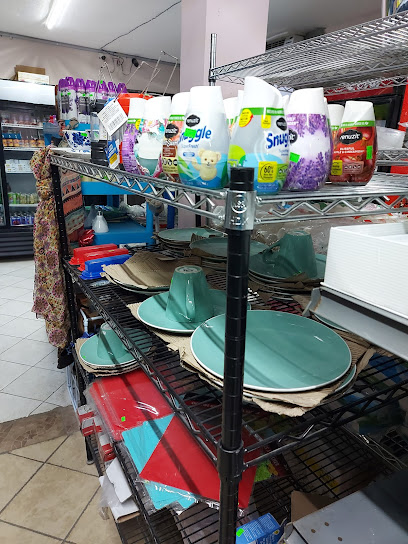
Palmis Enèji Jérémie
Explore unique home goods and local craftsmanship at Palmis Enèji Jérémie, a vibrant shopping destination in the heart of Haiti.

Flev'art atelye penti
Discover the charm of Flev'art Atelye Penti, a vibrant shopping mall in Jérémie, where local culture and artisanal crafts come together.

Le Sarha
Explore Le Sarha in Jérémie, Haiti - a lively shopping mall blending local culture, delicious food, and diverse retail options for an unforgettable experience.
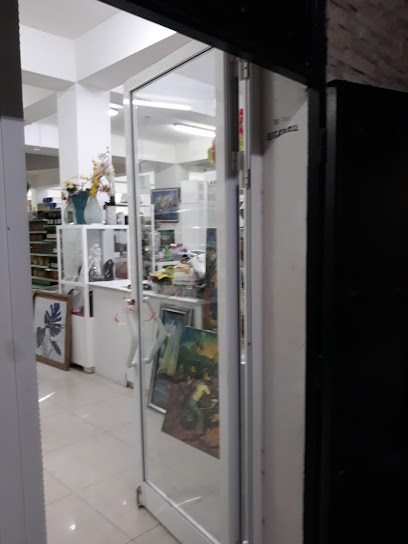
Goût Créole & Belle Allure store & Apartment
Explore Goût Créole & Belle Allure in Jérémie for vibrant clothing, local crafts, and an authentic taste of Haitian culture in one charming location.
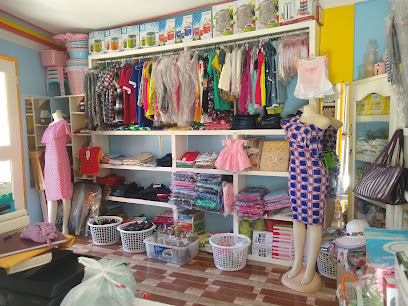
Arc-En-ciel Mini Market
Explore the Arc-En-Ciel Mini Market in Jérémie for an authentic shopping experience filled with local goods, fresh produce, and unique souvenirs.

Horizon store
Explore the vibrant flavors of Jérémie at Horizon Store, your go-to grocery destination for local delicacies and fresh produce.

Rue camaniol
Discover Rue Camaniol in Jérémie, Haiti - A quaint tobacco shop offering an authentic taste of local craftsmanship and culture.

La référence
Explore La Référence in Jérémie for unique gifts and local crafts that embody the spirit of Haiti, perfect for souvenirs and cultural treasures.

Richie's Closet
Discover unique fashion treasures at Richie's Closet in Jérémie, where local styles meet modern trends for an unforgettable shopping experience.

PJ Shop and More
Explore the vibrant clothing styles of Haiti at PJ Shop and More in Jérémie, where local culture meets fashionable flair.

Essential bars & hidden hideouts
FUBAR
Experience the vibrant nightlife of Petion-Ville at FUBAR, a trendy bar offering handcrafted cocktails and live music in a lively atmosphere.
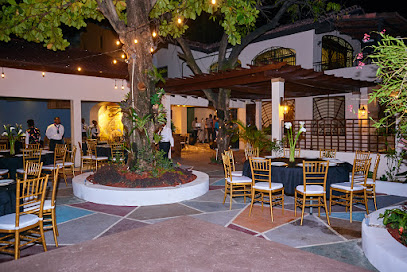
Over Here bar Restaurant and grill
Discover the flavors of Haiti at Over Here Bar Restaurant and Grill, where local cuisine meets a friendly atmosphere in Les Cayes.
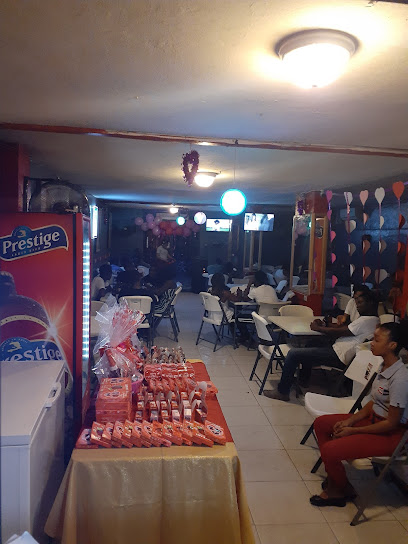
Place Charmant
Discover the serene comfort and local charm of Place Charmant, your ideal hotel retreat in beautiful Jérémie, Haiti.

Views Bar & Grill Haiti
Experience authentic Haitian flavors at Views Bar & Grill, where every meal is a celebration of local culinary traditions.

Le Soleil Bar Restaurant
Experience the vibrant flavors of Haitian cuisine at Le Soleil Bar Restaurant, a must-visit dining destination in beautiful Jérémie.
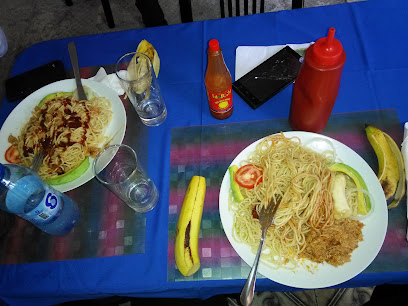
Bel coin (Bar, Restaurant, Piscine, Guest House)
Discover Bel Coin in Jérémie: A perfect blend of relaxation, great food, and vibrant Haitian culture awaits you at this charming bar and guest house.
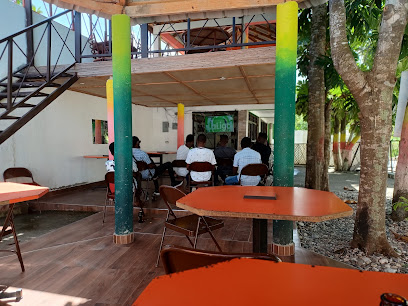
Lory Bar Resto
Experience the vibrant flavors and lively atmosphere at Lory Bar Resto in Jérémie, a true Caribbean gem for tourists and locals alike.
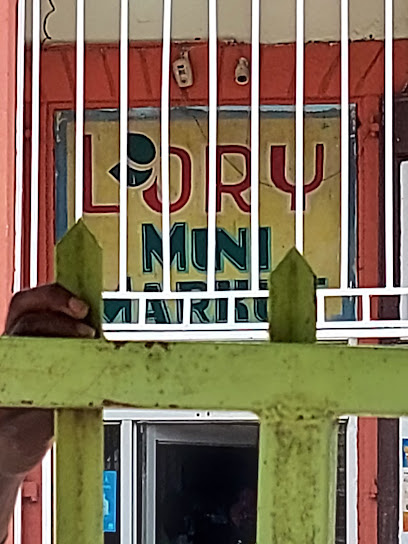
La Foi Divine Bar et La Volonté de Dieu Multi-Services
Experience the charm of La Foi Divine Bar, a cozy spot in Ile a Vache offering refreshing drinks and a taste of local culture.
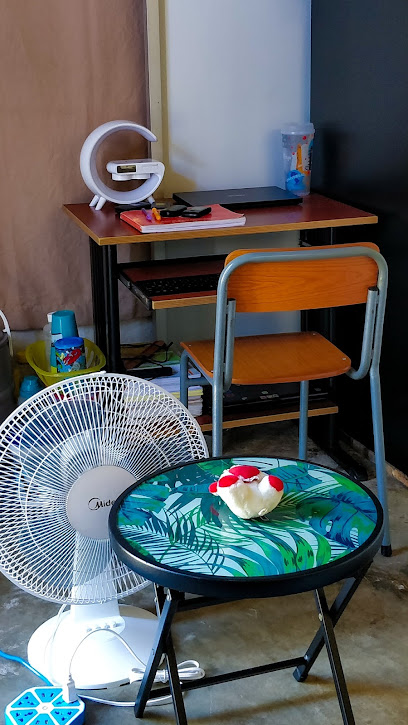
Ti kwen pam bar and grill
Experience the vibrant flavors of Haiti at Ti Kwen Pam Bar and Grill, where local cuisine meets refreshing cocktails in a cozy atmosphere.
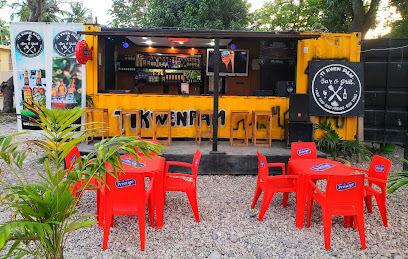
Relax Bar
Discover the vibrant atmosphere of Relax Bar in Les Cayes, where refreshing drinks and stunning views create the perfect tropical escape.
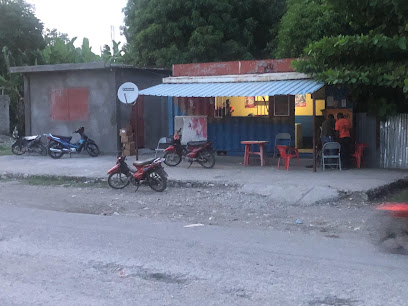
Aldo Bar Resto
Discover the vibrant atmosphere of Aldo Bar Resto in Jérémie, where local flavors and refreshing drinks await in a charming setting.
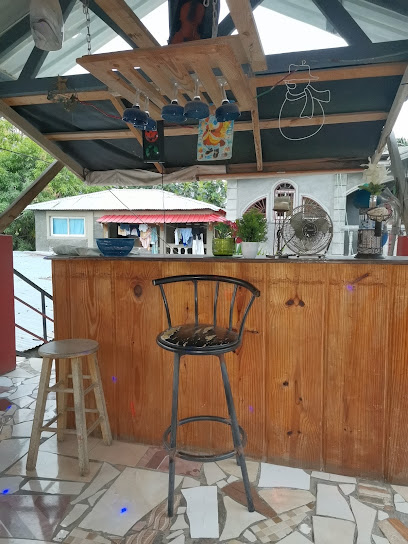
Entre Nous Plus Bar&Restaurant
Experience the vibrant flavors of Haitian cuisine at Entre Nous Plus Bar & Restaurant in Port-au-Prince.

Hali Bar
Experience the lively atmosphere and local flavor at Hali Bar, a must-visit destination for tourists in Jérémie, Haiti.
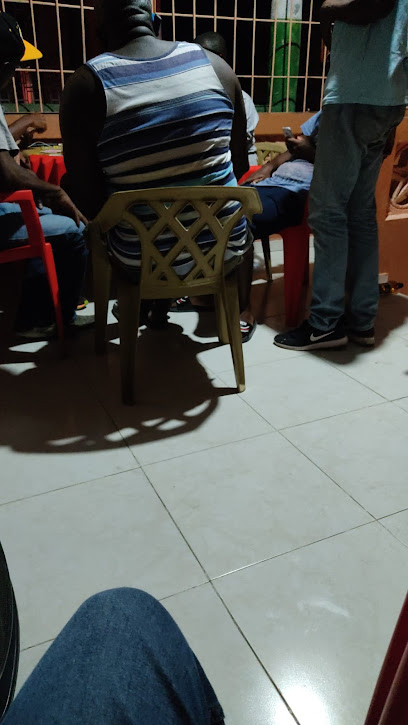
Kay OFAB
Immerse yourself in the lively atmosphere of Kay OFAB, a vibrant bar in Jérémie, serving local flavors and refreshing drinks.
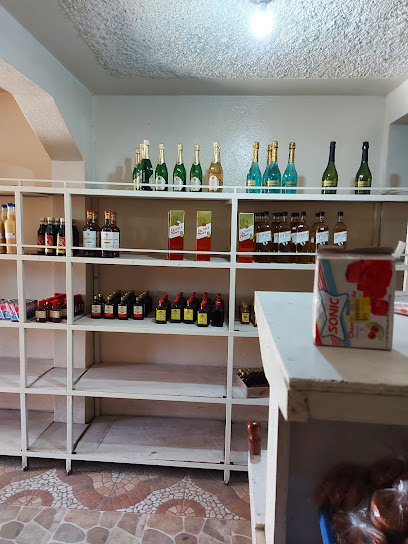
Kay prezidan Shelove Bar/resto/Club/Inn
Discover the lively Kay prezidan Shelove Bar/resto/Club/Inn in Port-au-Prince, offering delicious cuisine and vibrant nightlife for an unforgettable experience.

Local Phrases
-
- HelloBonjou
[bon-zho] - GoodbyeOrevwa
[o-rev-wa] - YesWi
[wee] - NoNon
[non] - Please/You're welcomeTanpri
[tan-pree] - Thank youMèsi
[meh-see] - Excuse me/SorryEskize mwen
[es-kee-zay mwen] - How are you?Kijan ou ye?
[key-zhan oo yay] - Fine. And you?Byen. E ou?
[byen. ay oo] - Do you speak English?Èske ou pale angle?
[es-ke oo pal ang-leh] - I don't understandMwen pa konprann
[mwen pa kon-pran]
- HelloBonjou
-
- I'd like to see the menu, pleaseMwen ta renmen wè meni an, tanpri
[mwen ta ren-men way meh-nee an, tan-pree] - I don't eat meatMwen pa manje vyann
[mwen pa manj vyann] - Cheers!Santé!
[san-tay] - I would like to pay, pleaseMwen ta renmen peye, tanpri
[mwen ta ren-men pay-yay, tan-pree]
- I'd like to see the menu, pleaseMwen ta renmen wè meni an, tanpri
-
- Help!Edem!
[ay-dem] - Go away!Al fè wout!
[al fay oo] - Call the Police!Rele la polis!
[re-lay la po-leece] - Call a doctor!Rele yon doktè!
[re-lay yon dok-tay] - I'm lostMwen pedi
[mwen peh-dee] - I'm illMwen malad
[mwen ma-lad]
- Help!Edem!
-
- I'd like to buy...Mwen ta renmen achte...
[mwen ta ren-men ach-tay] - I'm just lookingMwen jis ap gade
[mwen zhee-zap gah-day] - How much is it?Konbyen li ye?
[kon-byen lee yay] - That's too expensiveSa twò chè
[sa twah chay] - Can you lower the price?Èske ou ka ba pri la?
[es-ke oo ka bah pree lah]
- I'd like to buy...Mwen ta renmen achte...
-
- What time is it?Kilesè li ye?
[key-leh-say lee yay] - It's one o'clockLi senk e demye
[lee sank ay dehm-yeh] - Half past (10)Demi e onzè
[deh-me ay on-zay] - MorningMaten
[ma-ten] - AfternoonApremidi
[ap-ray-mee-dee] - EveningAswè
[ah-sweh] - YesterdayYe
[yeh] - TodayJodia
[zho-dee-ah] - TomorrowDemen
[deh-men] - 1Yon
[yon] - 2De
[deh] - 3Twaz
[twaz] - 4Kat
[kaht] - 5Senk
[sank] - 6Sis
[sees] - 7Sèt
[set] - 8Wit
[weet] - 9Nèf
[nef] - 10Dis
[dees]
- What time is it?Kilesè li ye?
-
- Where's a/the...?Kote mwen ka jwenn...?
[ko-te mwen ka zwen] - What's the address?Ki adres la?
[key ad-res lah] - Can you show me (on the map)?Èske ou ka montre mwen (sou kat la)?
[es-ke oo ka mohn-tray mwen (soo kaht lah)] - When's the next (bus)?Ki lè pral pase (bis la)?
[key lay pral pah-say (bees lah)] - A ticket (to ....)Yon tikè (pou ....)
[yon tee-kay (poo)]
- Where's a/the...?Kote mwen ka jwenn...?
History of Jérémie
-
Jérémie, often referred to as the 'City of Poets,' was founded in 1756. It is located in the southwestern part of Haiti and has a rich history deeply rooted in the colonial era. The town was established by French colonists and quickly became an important center for commerce and culture.
-
Jérémie played a significant role during the Haitian Revolution, which lasted from 1791 to 1804. Many residents of Jérémie were involved in the fight for independence from French colonial rule. The city witnessed numerous battles and skirmishes, contributing to the overall success of the revolution.
-
In the 19th century, Jérémie experienced a period of prosperity. The city became known for its vibrant cultural scene, attracting poets, writers, and intellectuals. This era solidified Jérémie's reputation as the 'City of Poets,' a nickname it still holds today.
-
The Jérémie Vespers, also known as the 'Vêpres Jérémiennes,' occurred in 1964. This tragic event saw the massacre of numerous mulatto families by forces loyal to François 'Papa Doc' Duvalier. The massacre was part of a broader campaign of political repression during Duvalier's regime.
-
In October 2016, Jérémie was severely impacted by Hurricane Matthew, one of the most powerful storms to hit Haiti in recent history. The hurricane caused widespread destruction, damaging homes, infrastructure, and local landmarks. Despite the devastation, the community has been resilient in its recovery efforts.
-
Jérémie has a rich cultural heritage that continues to thrive. The city is home to numerous festivals, including the annual Fête Patronale, which celebrates the city's patron saint, St. Louis. Jérémie is also known for its traditional music, dance, and cuisine, reflecting the diverse influences that have shaped its history.
Jérémie Essentials
-
Jérémie is located on the western tip of Haiti's southern peninsula. The nearest major airport is Toussaint Louverture International Airport in Port-au-Prince, approximately 200 kilometers away. From Port-au-Prince, you can take a domestic flight to Jérémie via local airlines. Alternatively, you can travel by road, but be prepared for a long and potentially bumpy journey that can take 6 to 8 hours depending on road conditions. Private buses and shared taxis (tap-taps) are available for this route.
-
In Jérémie, transportation options include taxis, motorcycle taxis (moto-taxis), and tap-taps. Taxis are available but can be relatively expensive. Moto-taxis are a more affordable and flexible option for short distances. Tap-taps are colorful, communal minibuses that are a common means of transportation for locals. Renting a car is an option, but be aware that road conditions can be poor and driving can be challenging due to local traffic norms.
-
The official currency in Haiti is the Haitian Gourde (HTG). U.S. dollars are widely accepted, especially in tourist areas. Credit cards are accepted in some hotels and restaurants, but it is advisable to carry cash, especially for smaller establishments and rural areas. ATMs are available in Jérémie, but it is wise to have sufficient cash on hand for your needs.
-
Jérémie is generally safe, but it is important to take standard precautions. Avoid walking alone at night and be cautious in unfamiliar areas. Areas with high crime rates that should be avoided include certain parts of the outskirts of the city where tourists are less common. Keep your belongings secure and be aware of your surroundings, especially in crowded places.
-
In case of emergency, dial 114 for police assistance, 118 for medical emergencies, and 115 for the fire department. Local hospitals and medical facilities are available in Jérémie, but it is advisable to have travel insurance that covers medical emergencies. Pharmacies are available for over-the-counter medications. It is also recommended to know the location of the nearest embassy or consulate.
-
Fashion: Do dress modestly, particularly when visiting religious sites or rural areas. Avoid wearing flashy jewelry. Religion: Do respect local customs and traditions. Participate respectfully in local religious practices if invited. Public Transport: Do be courteous and give up your seat to elderly passengers. Don't eat or drink on public transport. Greetings: Do greet people with a friendly 'Bonjour' or 'Bonsoir'. A handshake is common, but a light kiss on the cheek is also a customary greeting among friends. Eating & Drinking: Do try local Haitian dishes and accept food offerings graciously. Don't refuse hospitality, as it is considered impolite.
-
To experience Jérémie like a local, visit the vibrant local markets where you can buy fresh produce and artisanal goods. Engage with locals, as they are often friendly and willing to share stories about the town's history and culture. Don't miss exploring the beautiful beaches and the historic Fort Olivier. For a unique cultural experience, try attending a local Vodou ceremony or a traditional Haitian music event.
Trending Landmark in Jérémie
-
Laferriere Citadel
-
Sans Souci Palace
-
Heroes Monument of Vertières
-
Fort Jacques et Fort Alexandre
-
Saut-Mathurine
-
Cathedral of Saint Louis Roi of France
-
Place Charmant
-
Cave Grotte Marie-Jeanne
-
Fort Picolet
-
Découvrir la Grand’Anse
-
Bois Caiman
-
MAKAY GUEST HOUSE
-
Jean-Jacques Dessalines Statue
-
La pointe
-
Gina & Nansky
Nearby Cities to Jérémie
-
Things To Do in Les Cayes
-
Things To Do in Saint-Marc
-
Things To Do in Jacmel
-
Things To Do in Gonaïves
-
Things To Do in Port-au-Prince
-
Things To Do in Petionville
-
Things To Do in Hinche
-
Things To Do in Cap-Haïtien
-
Things To Do in Port Antonio
-
Things To Do in Portmore
-
Things To Do in Ocho Rios
-
Things To Do in Runaway Bay
-
Things To Do in Jarabacoa
-
Things To Do in Puerto Plata
-
Things To Do in Treasure Beach







